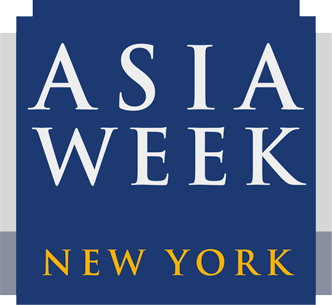
Arrival of the Europeans, folding screen, courtesy of the Metropolitan Museum of Art, New York
This international symposium explores Japan’s role in the “First Global Age” through a comprehensive and interdisciplinary investigation of its cultural, material, and intellectual production from about 1500 to 1700. The thematic focus lies on transcultural exchange and its related processes, such as shifting taxonomies and iconographies; translation, interpretation, and appropriation; re-evaluation and re-interpretation; and the construction of social biographies of moving objects.
A key goal is to advance the discussion beyond prevalent yet limiting models such as, for instance, a narrowly conceived, bilateral exchange between Iberia and Japan. Instead, this symposium aims to complicate and deepen our understanding of the complex amalgam of actors and trajectories of exchange by exploring the pre-existing cultural, political, and economic spaces of an “East Asian Mediterranean;” transfer routes via South and South-East Asia as well as the Americas; diasporas and hybrid communities; continuities, ruptures, and innovations in the conceptualization of self and other; and processes of mapping, labeling, and appropriation.
Researchers from top institutions around the world and from a wide disciplinary range will convene to bridge the classical humanities (history, art history, literature, religious studies, intellectual history) and history of science (astronomy, cartography). The aim is to find a balance between established and emerging scholars as well as between the academic cultures of Japan, Europe, and the Americas.
This symposium is co-organized and co-funded by Kyushu University’s Faculty of Humanities and Yale University’s Council of East Asian Studies.
- Sessions on five event days: February 6th, 9th, 11th, 16th, and 18th, 2021 (all dates are in Japanese Time).
- Information about pre-registration and participation via Zoom will be distributed around mid-January.
- In the case of more than 500 pre-registrations, participants from academic institutions will be privileged.
- Contact: Prof. Dr. Anton Schweizer [email protected]
